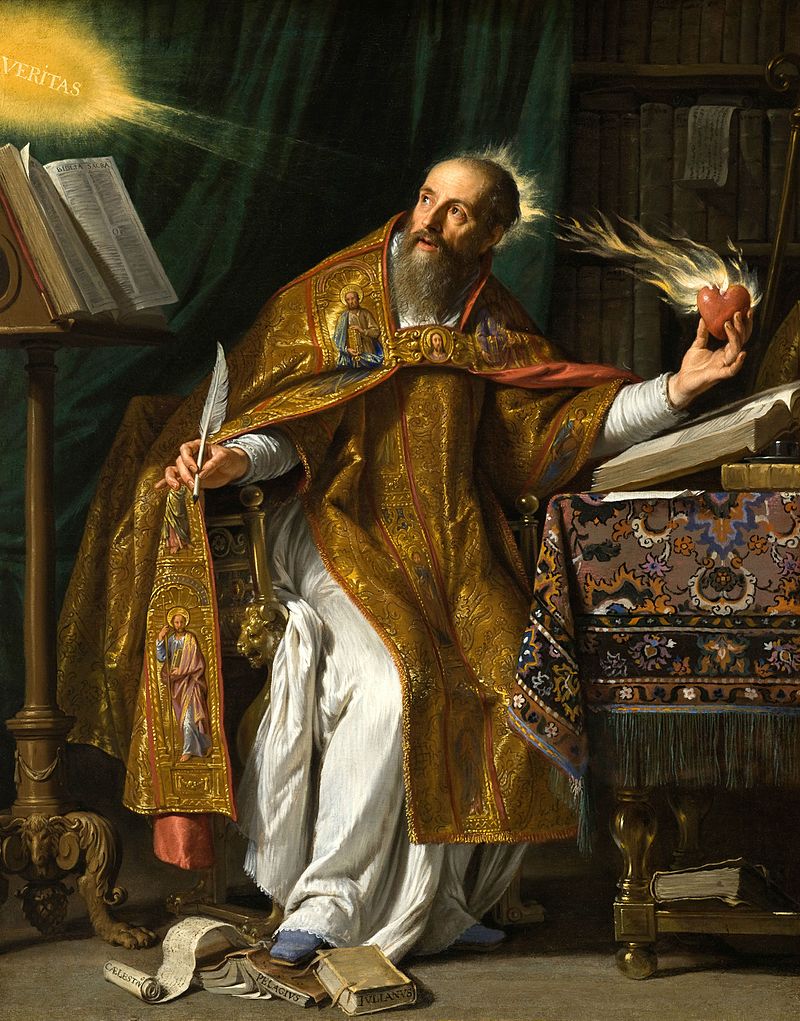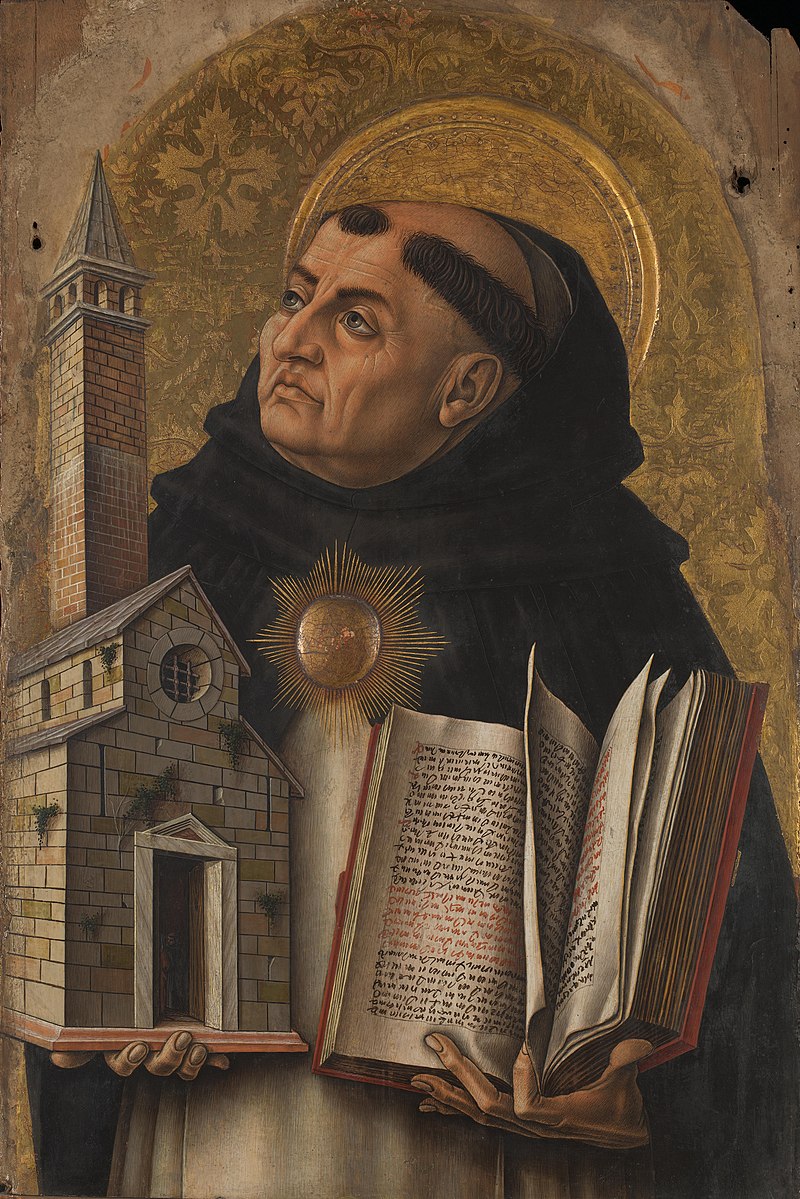The Omnipotence Paradox
The life of a Christian will always be hit with hard questions. Some of these questions are to disrespect Christians and put them in a place of doubt. This can be quite troubling for a lot of young Christians that have not yet grown strong in their faith.
Luckily, most people just ask questions to challenge Christians to a debate and learn from each other. Or just because they really want to know your view about something. And most beautiful of all: some people ask hard questions, because they are interested in Jesus Christ, but still have doubts.
I myself used to get hit with these questions often. Mostly at university. Personally, I don’t really like debating. Not because I couldn’t, but mostly because I find debating hard. My mind will go everywhere and I will forget a lot of key points. That’s why I mostly debate with myself in the evenings. I would just sit outside in my backyard, with the Bible besides me. Just thinking, thinking and thinking, sometimes opening the Bible to read about what I’m thinking about.
One of these questions I have long been thinking about, is the so-called “Omnipotence Paradox”. This paradox questions the nature and limitations of an omnipotent being’s power. In other words: it challanges the nature and limitations of God. Because I get asked this question as a Christian, I will write this document with the omnipotent being as God.
Before proceeding reading this article, I must say the following: I am not a theological scholar. I am just a humble man, reading his Bible and asking all sorts of questions. Please do not take anything I write for absolute fact, until you have done your own research. If you have any questions or comments, please email me at jacob@jacobkapitein.nl. I am open for questions and comments, but if you have any questions regarding faith, I recommend going to your nearest Church and talking to a pastor or priest. Consult this map to find a Church near you (the map only shows Protestant Churches. For Orthodox or Catholic maps, search Google).
What is an omnipotent being?
Omnipotent is a word with it’s root in the Latin language. The word that can be divided into two parts. “Omni” and “potent”. Omni means “all” and potent means “powerful”. So and omnipotent being is an all-powerful being.
Paradoxes
Most of these Omnipotence Paradoxes are expressed in questions like:
- Can God create a stone so heavy, that He cannot lift it?
- If God can create a stone so heavy, and he cannot lift it, that must mean He is not all-powerful.
- Can God create both an unstoppable force and simultaneously create an immovable object?
- If God can create an unstoppable force, then the immovable object cannot remain immovable. Thus this shows a limitation, meaning God is not all-powerful.
- If God can create an immovable object, that means that an unstoppable force cannot exist. This also shows a limitation.
- Can God sin?
- The Bible states God cannot deny Himself in 2 Timothy 2:13 (KJV). Without deeply diving into sin, and what sin is, we will state that the definition of sin is denying God.
- If God cannot deny Himself (by sinning), he is not omnipotent, because there is something He cannot do.
Of course, there are more paradoxes, which I will not all state here. I will talk about above questions and even some more to further clarify this paradox.
Gods omnipotence
Before we answer any of these questions, we should question wether God is omnipotent. As a Christian, I take the Bible as having full authority. So, what does the Bible say?
“…I am the Almighty God…” - Genesis 17:1 (KJV)
“I know that Thou canst do every thing…” - Job 42:2 (KJV)
“…and there is nothing too hard for Thee…” - Jeremiah 32:17 (KJV)
“…With men this is impossible; but with God all things are possible.” - Matthew 19:26 (KJV)
“For with God nothing shall be impossible.” - Luke 1:37 (KJV)
“…for the Lord God Omnipotent reigneth.” - Revelation 19:6 (KJV)
And even in the Apocrypha, it is stated that God is omnipotent.
“…for Thou canst do all things…” - Wisdom of Solomon 11:23 (KJV)
So yes, Gods Omnipotence is 100% in line with Scripture and Deuterocanonical writings.
Philosophy of Gods Omnipotence
The question “Can God create a stone so heavy, that He cannot lift it?” is a good question. It challenges our definition of God as we had just discussed in the previous paragraph. Philosophizing over this question can lead us closer to understanding God. The only problem is: the question completely destroys any logic about Gods omnipotence. How can God ever be all-powerful if He has His limits?
This question is already centuries old. The philosophy about Gods omnipotence is so old in fact, that the early Church Fathers already philosophized about it. Think of Saint Augustine of Hippo (354 - 430 AD) in his works “The City of God” and “On Free Choice of the Will”.
«Continue reading after the illustration»

Saint Augustin by Philippe de Champaigne, c. 1645
Thomas Aquinas
There are countless examples, but let’s jump right to the person I want to address: Thomas Aquinas. Aquinas is seen as a Saint by the Catholic Church, because of his countless theological and philosophical contributions. His impact is still seen in a lot of universities, collegas and school, as he is seen as the patron saint of a lot of Christian educational institutions.
«Continue reading after the illustration»

Panel of an altarpiece from Ascoli Piceno, Italy, by Carlo Crivelli, c. 1476
I would like to focus upon the works of Thomas in his Summa Theologica. In this work of his, in question 25, article 3, Thomas deeply focusses upon the question “Is God omnipotent”. In this article, Thomas also focusses on a few of the paradox questions we have asked ourselves before (i.e. “Can God sin?”).
Thomas starts of his article by static a few paradoxical statements, which will of course lead to the conclusion: “No. God is not omnipotent.” But Thomas quickly protests this conclusion by quoting Luke 1:37 (KJV), in which the Bible states “For with God nothing shall be impossible.”. Then Thomas goes on to explain how God is still omnipotent, even though the paradox brings us to the quick conclusion that God is not omnipotent.
Thomas quotes the works of Aristotle, saying that power is measured in realation to some other power. So anything subject to the human nature is said to be ‘possible for man’. However, Gods nature is infinite, and far beyond human nature. (You can read more about this in Article 2 of the same work quoted here.) Because God is of a very different nature than us humans (God is not created, but we are), we cannot simply claim that God is omnipotent, just because He can do anything we can do.
But when one says that God is onipotent, because He can do everything that is possible in His nature, is also an oversimplification. That is because this would result in a circular definition. This is because it doesn’t provide a clear, distinct explanation of omnipotence. It only states a tautological statement: “God is omnipotent, because God can do anything in His power”.
Absolute omnipotence
Beacuse of these key points, it must mean that God is omnipotent in absolutely everything, without end. As we discussed before, powers must be measured relative to each other. In the same sence, possible things and impossible things must be measured relatively to their subjects.
In human nature, examples of possible things are:
- A man is sitting
- “Sitting” is compatible with “man”
- A man is working
- “Working” is compatible with “man”
In human nature, examples of impossible things are:
- A man is a donkey
- “Donkey” is incompatible with “man”
- A man is a woman
- “Woman” is incompatible with “man”
- That married man is single
- “Married man” is incompatible with “single”
As you can see, we measure impossible things relative to the nature of the subject. In human nature, it is impossible for a man to be a donkey or a woman, and impossible for a married man to be single. Illogical things don’t exist: they doing have being. Take for example a “square circle”. One cannot think of a square circle, simple because it doesn’t have being. The closes we can get is a so called “squircle”, but that is not a square circle.
God is said to be omnipotent, and illogical things are not a thing. They don’t have being. Thus, God is omnipotent.
Conclusion
The omnipotence paradox is greatly debunked by Thomas Aquinas. We will discuss and take conclusions for the paradoxes we stated in the beginning of this article.
- Can God create a stone so heavy, that He cannot lift it?
- Can God create both an unstoppable force and simultaneously create an immovable object?
If God can create a stone so heavy, and he cannot lift it, that must mean He is not all-powerful.
A stone that is so heavy that noone can lift it, is an illogical predicate. So it doesn’t exist. The statement is thereby only already debunked. This is exactly the same question as asking if God can draw a four sided triangle. When analyzing this, the statement can also be rephrased as “Can an omnipotent being create a situation in which the omnipotent being itself is not omnipotent”. The answer is no, because it contradicts the definition of omnipotence as we have stated it. If a being is absolutely omnipotent, there can not exist any task that limits its power. Because such as task is also an illogical predicate. Therefore, it doesn’t exist and it doesn’t have any being.
- Can God sin?
Now this one works a bit different, but only a little bit. It questions Gods omnipotence in a different way. Not by something He can create, but by something He can do: sinning. Now, the illogical predicate is still there, but it’s a bit hidden. “A four sided triangle” and “an unstoppable force and an immovable object” are obvious illogical statements. But God sinning doesn’t seem too illogical right? Well, for this we have to take a closer look at Gods nature. “God cannot sin” is not a statement of limiting power, but it’s a statement limiting Gods nature. That means it is not within Gods nature to sin, so we cannot measure God sinning.
Ending notes
I hope I have helped anyone reading this to understand Gods omnipotence and debunk the paradoxes. I for sure have learned a lot while researching this topic. I would like to point out my starting points one more time: I am not a theologic scholar. Do not take anything I say for absolute fact. I make mistakes too! I am open to any questions or comments on jacob@jacobkapitein.nl. If you have any questions regarding faith, I recommend going to a pastor or priest in a Church near you. Consult this map to find a Church near you (the map only shows Protestant Churches. For Orthodox or Catholic maps, search Google).